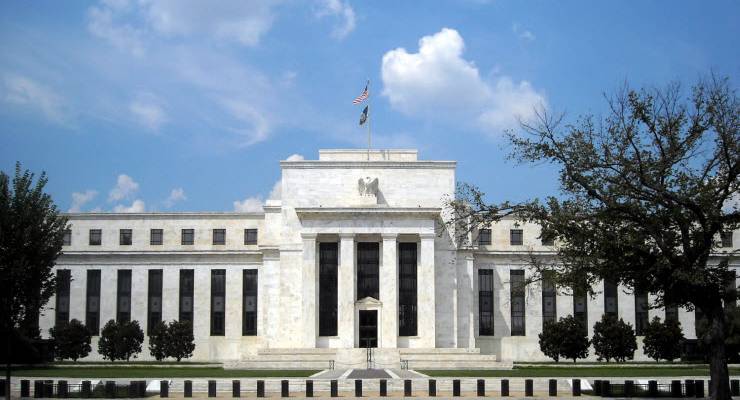
Buried in the mass of words released after the US Federal Reserve’s meeting on Wednesday, was a brief comment from chair Jay Powell which points to the real long-term damage to the country’s labour force and economy.
When asked at a post-meeting conference about the number of Americans who won’t be able to return to their old jobs, Powell said, “Well, into the millions.”
That means many workers who have lost their jobs in the COVID-19 lockdowns (over 44 million) won’t be able to return to the positions they held in February. It means many will have to start over again, take a lower-paid position or become permanently unemployed if they are too old.
This loss of income will mean lower household spending, impacting retail sales and savings, and raising costs for states and the federal government.
The outlook is gloomy. There are currently 4.6 unemployed workers for every job opening in April, according to the monthly Job Openings and Labor Turnover Survey report. It also showed that, while layoffs and discharges dropped 3.8 million in April — down to 7.7 million — it was still the second-highest level since the government started tracking the series in 2000.
Prior to the pandemic, layoffs hovered around 1.8 million a month. Currently there are almost three times more than the worst month of the great recession a decade or more ago.
So it’s no wonder that Powell is adamant that there would be no move to increase interest rates any time soon: “We’re not thinking about raising rates, we’re not even thinking about thinking about raising rates.”
Powell also said the Federal Reserve would do “whatever we can, and for as long as it takes” to support the recovery and “limit lasting damage” to the economy.
The Fed expects the US economy to contract by 6.5% this year, with unemployment only falling to 9.3% by year’s end. And while it expects recovery to see annual growth of 5% in 2021, the unemployment rate will only fall to 6.5% at the end of next year and 5.5% at the end of 2022. That’s a full two percentage points above where it was at the end of 2019.
That means millions of extra unemployed workers for years, and as Powell pointed out, it also means millions of those workers will not be able to regain their old jobs and rates of pay.
And that’s also the message for countries like Australia. Notice that Powell didn’t extol the virtues of tax reform, labour market reform or other neoliberal ideas designed to boost business and shareholders at the expense of employees.
The Fed is already doing that an ultra easy monetary policy designed to help as many people (and businesses) as possible hang on for as long as they can.








Not actually directly related to this article – so I apologise.
But the heading you provide in blue with red font (ie. the links) is almost impossible to read.
Can you try a different colour possibly?
Many Thanks.